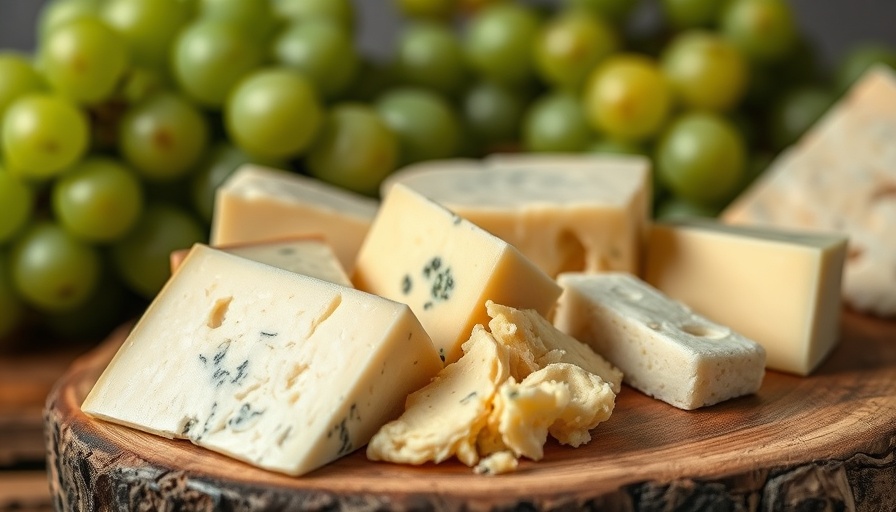
Walnuts: Your Secret Weapon Against Inflammation
The newfound buzz around walnuts isn't just a trend; it's grounded in solid nutritional science. Chronic inflammation has been linked as a driving factor in serious health issues, including heart disease, diabetes, and arthritis. Recent insights reveal that incorporating walnuts into your diet may be a game changer for those seeking to combat inflammation effectively.
Understanding the Anti-Inflammatory Power of Walnuts
Nutritionist Lauren Manaker, M.S., R.D.N., L.D., highlights walnuts' unique status as the only nut rich in alpha-linolenic acid (ALA), a potent omega-3 fatty acid. This essential nutrient is known to promote anti-inflammatory effects. In addition, walnuts are laden with urolithins—compounds recognized for their antioxidative and anti-inflammatory properties. Coupled with polyphenols, these components may play a significant role in reducing oxidative stress, which often exacerbates inflammation.
What An Anti-Inflammatory Diet Looks Like
While munching on walnuts is beneficial, Manaker also advises adopting a holistic anti-inflammatory diet for significant impact. This involves embracing whole, nutrient-dense foods such as vibrant fruits, vegetables, healthy fats, alongside omega-3-rich fish like salmon. The goal is to nourish your body with anti-inflammatory foods while minimizing processed, sugary, and fried items. This diet isn't just about restricting; it's about abundance—filling your plate with colorful produce and wholesome ingredients.
Practical Steps Towards Reducing Inflammation
A simple yet powerful adjustment you can make is to start integrating walnuts into your snacks—think of adding them to yogurt, sprinkling them in salads, or even using walnut oil in dressings. This small change could lead to substantial health benefits over time. Don't forget to consider this change as part of a broader commitment to your health; a diversity of nutrient-rich foods is crucial in combatting inflammation holistically.
Why This Matters to You
In a world where chronic diseases are rampant, understanding the impact of your diet on inflammation is crucial. By incorporating walnuts and embracing an anti-inflammatory diet, you're not just improving your health—you're empowering yourself to live a happier, more vibrant life.
 Add Row
Add Row  Add
Add 




Write A Comment